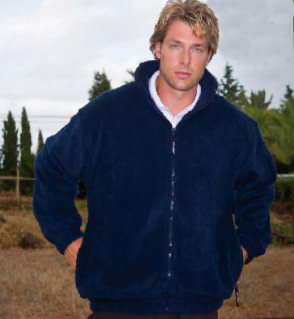
Kustom Kit describe themselves as suppliers of "Corporate wear" "a fusion of modern tailoring, innovative fabrics and spirited colours". They provide companies with more formal shirts and blouses as well as producing the more usual t-shirts, hoodies, and polo shirts. There is also a sportswear collection. They are based in Derbyshire in the UK and their products are distributed by promotional wear companies all over Europe.
They are one of the two major divisions of Charterhouse Holdings plc a company involved in the clothing industry but apparently unrelated to the Charterhouse Group, a Private Equity group based in New York.
Kustom Kit display their "Ethical Statement" link on each page of their website. "Kustom Kit adopts a rigorous selection process for garment manufacturers ensuring only those that are totally committed to exceeding our high ethical standards become appointed suppliers. We recognise and honour our duty to protect the workforce used in the manufacture of Kustom Kit garments. Each appointed manufacturer must conform to the following terms as a minimum requirement."
The terms that follow as usual have the emphasis on complying with local law on issues such as minimum wage, working hours, child employment etc. There are elements such as "good working conditions must prevail", a bit subjective but, there you are, it's better than nothing suggesting "we are willing to get supplied by companies who have their employees work in squalor as long as they otherwise tick the local legal boxes".
So how is this enforced? As well as "local agents" inspecting the plants, "As a further safeguard, unannounced inspections are regularly made by Kustom Kit senior management." Now this is genuinely good (there are businesses that will operate a wishful thinking philosophy) - it would be a very insensitive (not to mention stupid) business man who could actually visit a plant that was being run as a sweatshop without wanting to do something about it after seeing such conditions first hand.
What is a shame is that there is no indication of where garments are manufactured.
The conciousness is apparently there on the environmental side too:
"Kustom Kit is also dedicated to protecting the environment and purposely seeks out suppliers who take positive action to minimise both waste and the impact of their manufacturing processes on the surrounding environment".
Readers may be able to provide some enlightenment on some of the issues raised in these ethical brand profiles - please leave a comment.

